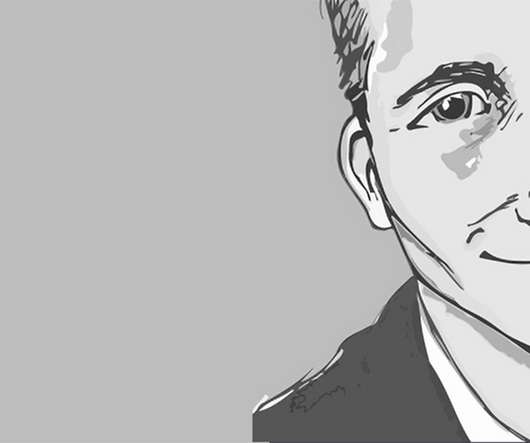Anxiety in Late Life and Serious Illness: A Podcast with Alex Gamble and Brianna Williamson
GeriPal
JUNE 27, 2024
Alex is a triple-boarded (palliative care, internal medicine, and psychiatry) assistant professor of medicine at Stanford. Widera and Smith have no relationships to disclose. Guests Alex Gamble and Brianna Williamson have no relationships to disclose. And so they stay away from the conversation altogether.












Let's personalize your content